Kitchen utensils are an essential part of our daily lives. Whether it's cooking a meal for the family or hosting a dinner party, we rely on these tools to make our lives easier. One of the most important factors to consider when choosing kitchen utensils is the material they are made of. Stainless steel is a popular choice due to its durability, resistance to corrosion, and ease of maintenance. In this article, we will discuss stainless steel 304 and how it compares to general stainless steel.
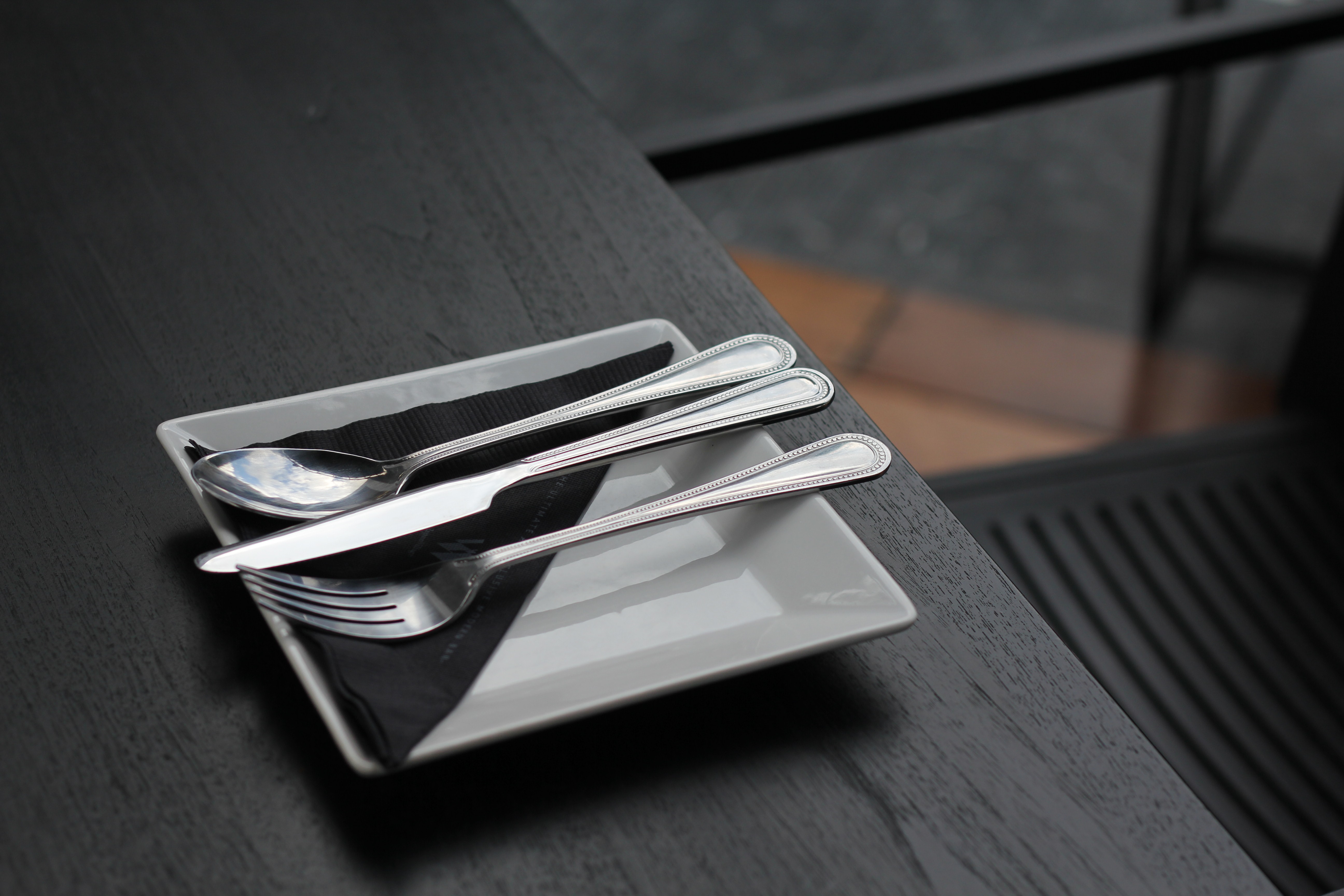
What is Stainless Steel 304?
Stainless steel is an alloy of iron, carbon, and chromium, with the addition of other elements such as nickel, molybdenum, and titanium to improve its properties. Stainless steel 304 is an austenitic grade of stainless steel that contains 18% chromium and 8% nickel. It is the most commonly used grade of stainless steel for kitchen utensils due to its excellent corrosion resistance, high-temperature resistance, and ease of fabrication. The addition of nickel to the alloy enhances its corrosion resistance, making it ideal for use in harsh environments such as the kitchen.
Comparison with General Stainless Steel
General stainless steel, also known as 18/8 stainless steel, is an alloy that contains 18% chromium and 8% nickel. While it may seem similar to stainless steel 304, there are some key differences to consider. Stainless steel 304 contains more nickel than general stainless steel, making it more resistant to corrosion and staining. Additionally, stainless steel 304 is less reactive to acidic foods, making it a better choice for cooking and food storage.
Another key difference between stainless steel 304 and general stainless steel is their magnetic properties. Stainless steel 304 is non-magnetic, while general stainless steel is slightly magnetic. This can be an important factor to consider when choosing utensils for induction cooktops, which require non-magnetic materials.
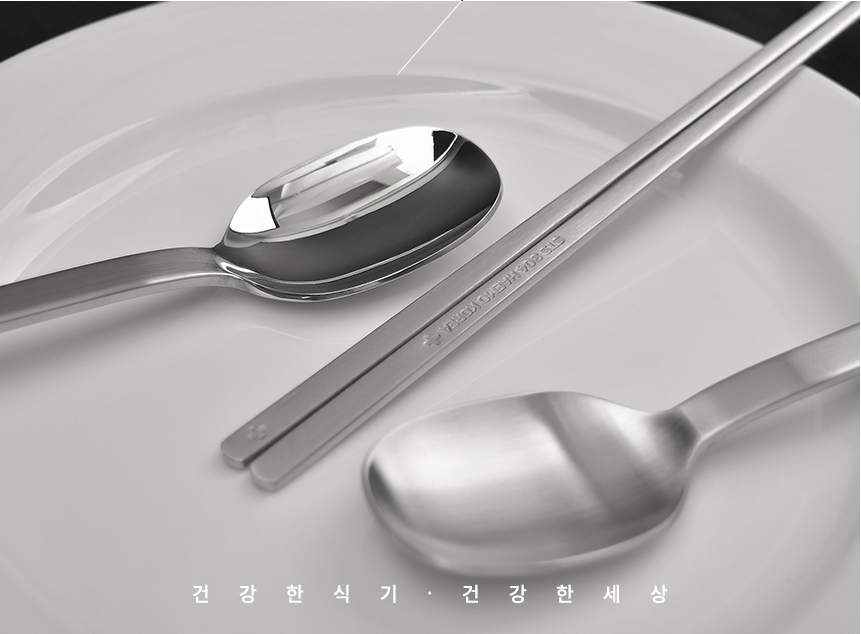
Why Choose Stainless Steel 304 for Kitchen Utensils?
There are several reasons why stainless steel 304 is the ideal choice for kitchen utensils. Firstly, its excellent corrosion resistance ensures that it will not rust or stain, even after prolonged exposure to acidic foods. Secondly, its non-reactive nature makes it safe for cooking and food storage. Finally, its durability and ease of maintenance make it a practical choice for everyday use in the kitchen.
When it comes to choosing kitchen utensils, there are many materials to choose from, including plastic, wood, and metal. However, stainless steel is a popular choice due to its many benefits. Stainless steel is a durable and long-lasting material that can withstand the wear and tear of everyday use. It is also highly resistant to corrosion and staining, which is important when working with acidic foods. In addition, stainless steel is easy to clean and maintain, making it a practical choice for busy kitchens.
While general stainless steel may seem like a good choice for kitchen utensils, stainless steel 304 is a superior choice due to its higher nickel content, which enhances its corrosion resistance. This makes it a better choice for use in harsh environments such as the kitchen. Additionally, its non-reactive nature makes it safe for cooking and food storage, while its non-magnetic properties make it a good choice for use on induction cooktops.
In conclusion, stainless steel 304 is the ideal choice for kitchen utensils due to its excellent corrosion resistance, non-reactive nature, and ease of maintenance. When choosing kitchen utensils, it is important to consider the material they are made of, and stainless steel 304 is certainly a top choice. Its durability, resistance to corrosion, and ease of maintenance make it a practical and long-lasting option for any kitchen.
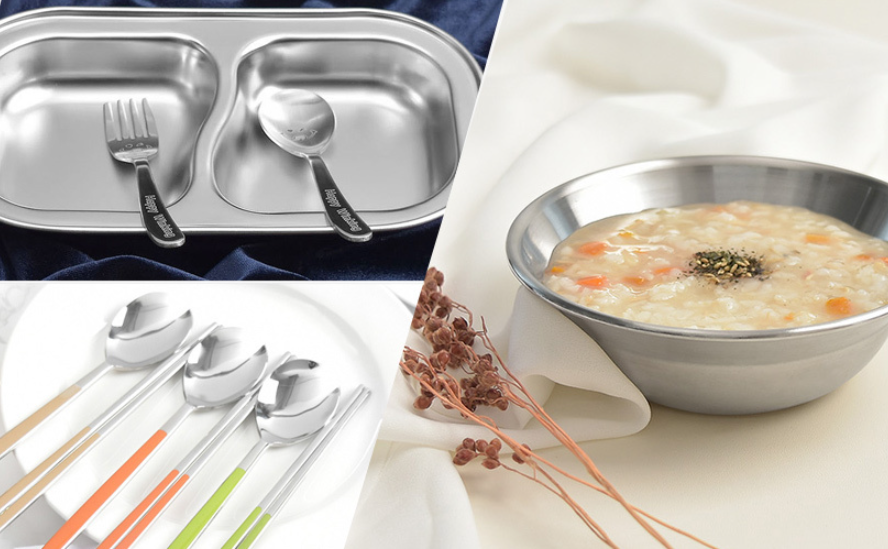

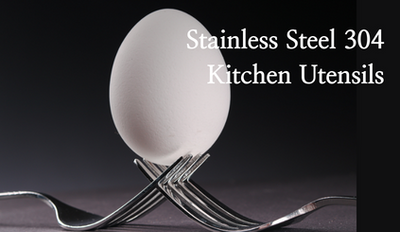
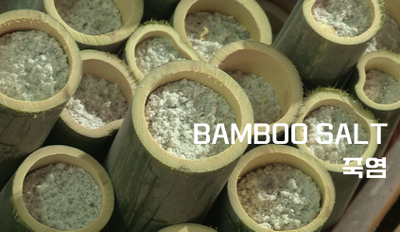


ForInjuries-20230203052432.png)

Comments: 0